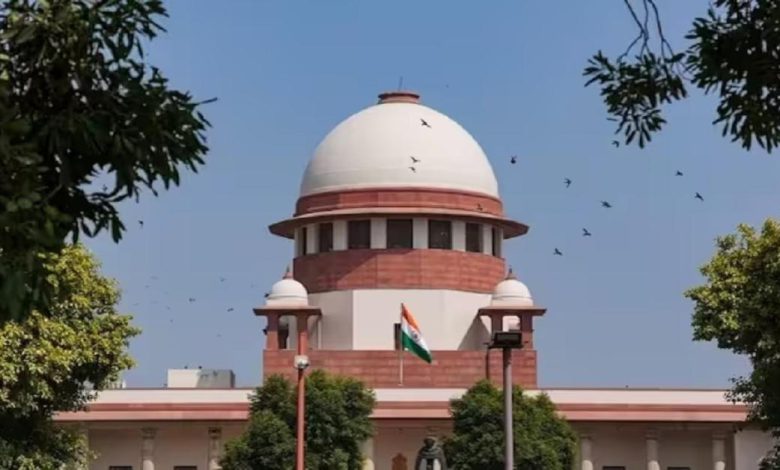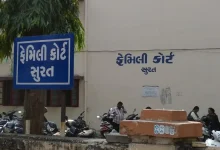
The Supreme Court is scheduled to hear challenges against the Waqf (Amendment) Act, 2025 today, with expectations of interim directives on several contested provisions. The hearing comes after Chief Justice BR Gavai and Justice AG Masih postponed proceedings from May 15 to May 20, indicating they would focus on three critical aspects of the legislation.
Central to the dispute is the denotification process for properties classified as waqf through either “waqf by user” or “waqf by deed.” Additionally, petitioners have raised concerns about State Waqf Boards and Central Waqf Council composition, arguing that apart from ex-officio members, only Muslims should serve on these regulatory bodies.
The third contentious element involves properties under investigation by collectors. According to the provision, if a collector is examining whether land belongs to the government, such property cannot be designated as waqf during the inquiry period.
For context, “waqf by user” designates properties that have functioned as waqf despite lacking formal documentation, with their status established through historical usage patterns.
The justices have instructed senior advocate Kapil Sibal, representing the petitioners, and Solicitor General Tushar Mehta, appearing for the central government, to submit written arguments by May 19. However, the bench clarified it would not entertain requests for an interim stay on the original Waqf Act of 1995.
During earlier proceedings, the central government provided assurances that currently registered waqf properties, including those designated through waqf by user, would remain protected from denotification for now. The government also committed to maintaining Muslim representation on the Central Waqf Council and State Waqf Boards.
The case was previously overseen by former Chief Justice Sanjiv Khanna until his May 13 retirement, after which it transferred to Justice Gavai’s bench.




